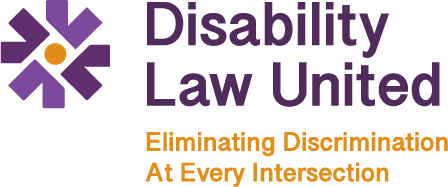There are many ways to show up at an action. Oftentimes, direct action culture centers certain bodies, abilities, and ways of showing up. But there are many ways to show up for an action or a movement! What ways are there to show up?
- Front lines direct action
- Jail Support
- Offering food or supplies to protesters
- Canvasing and building awareness in the community
- Medical Support
- Legal Observing
- Social Media Posting
- What else?
- No role or action is more valuable than another. Disabled people often lead the way in building creative, accessible ways of showing up for a cause.
Prepare for the action:
- There’s safety in numbers! If possible, don’t go alone.
- If known, learn the route in advance.
- Write emergency contacts on your arm. (know that your phone may be seized by cops)
- Have meds? Try to keep essential meds on your person in their pill bottle or bring a printed prescription.
- Sensory sensitivities? Carry ear plugs and sunglasses.
- Know health risks of inhaling gas/pepper spray. Carry inhaler, gas mask and goggles if necessary.
- Assistive devices? Bring backup batteries and/or chargers.
- Other mobility needs? Bring a portable stool.
- Pack food and water. If necessary, bring an umbrella for rain or shade from the sun.
Communicate with others:
- Tell an emergency contact that you plan to protest and make a plan to check in after.
- Tell friends and organizers about your access needs at the event.
- Have a plan for how you and crew will communicate in the event of sound cannons or loud noise, to escape danger, political violence, etc.
- Connect with local harm reduction organizations, and protection and advocacy organizations for additional support
If You’re Arrested
- Say “I have a disability that requires accommodations under the ADA.”
- Ask for that accommodation, understanding that they may not provide it.
- If you have medication on your person, tell them that it is prescribed for your disability.
- If you don’t have your essential medication, let arresting officers and jail staff know and inform jail medical and/or intake of health impacts risks of not taking scheduled meds
If you are in custody:
- If you aren’t provided with essential medications or accommodations after requesting them, request a grievance package and submit a grievance.
- If possible contact the sheriff and the jail nurse to inform them of your medical needs if they aren’t being met
- If you have a bail hearing while in jail, tell your attorney that you have a disability and whether the jail is providing meds or accommodations.
- Have a plan of who will pick you up when you are released from jail.
Covid-19 Considerations:
COVID-19 still remains a threat to community safety. Consider the risks prior to attending large crowded events.
- Wear a well-fitting, high filtration masks, such as KN95 or N95 masks.
- Sanitize your hands often
- Avoid touching your face
- Maintain physical distancing when possible
